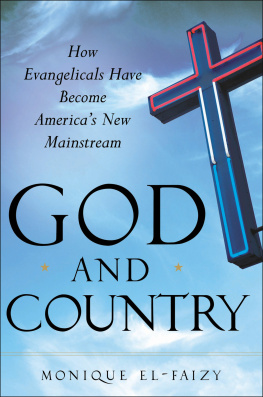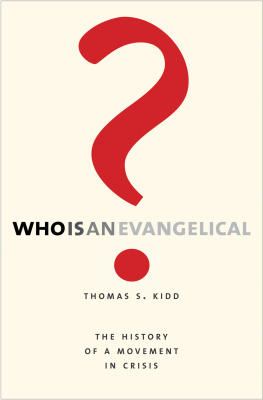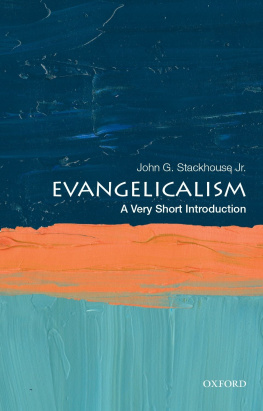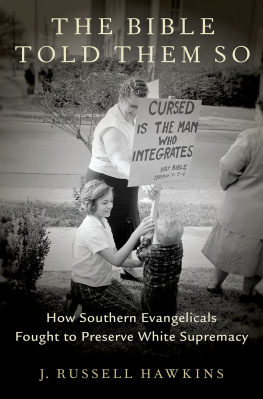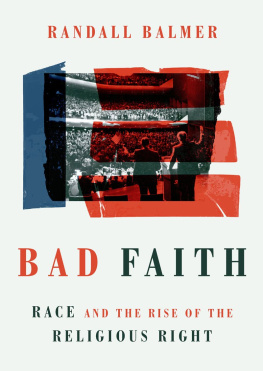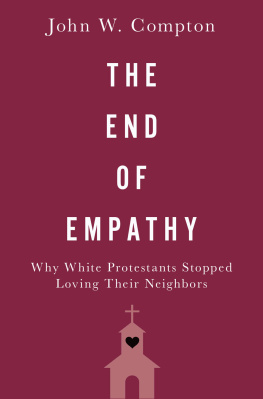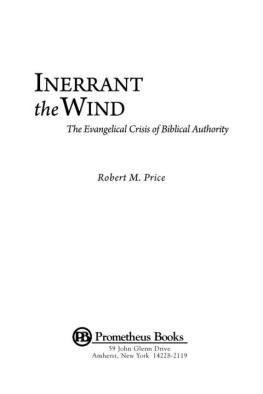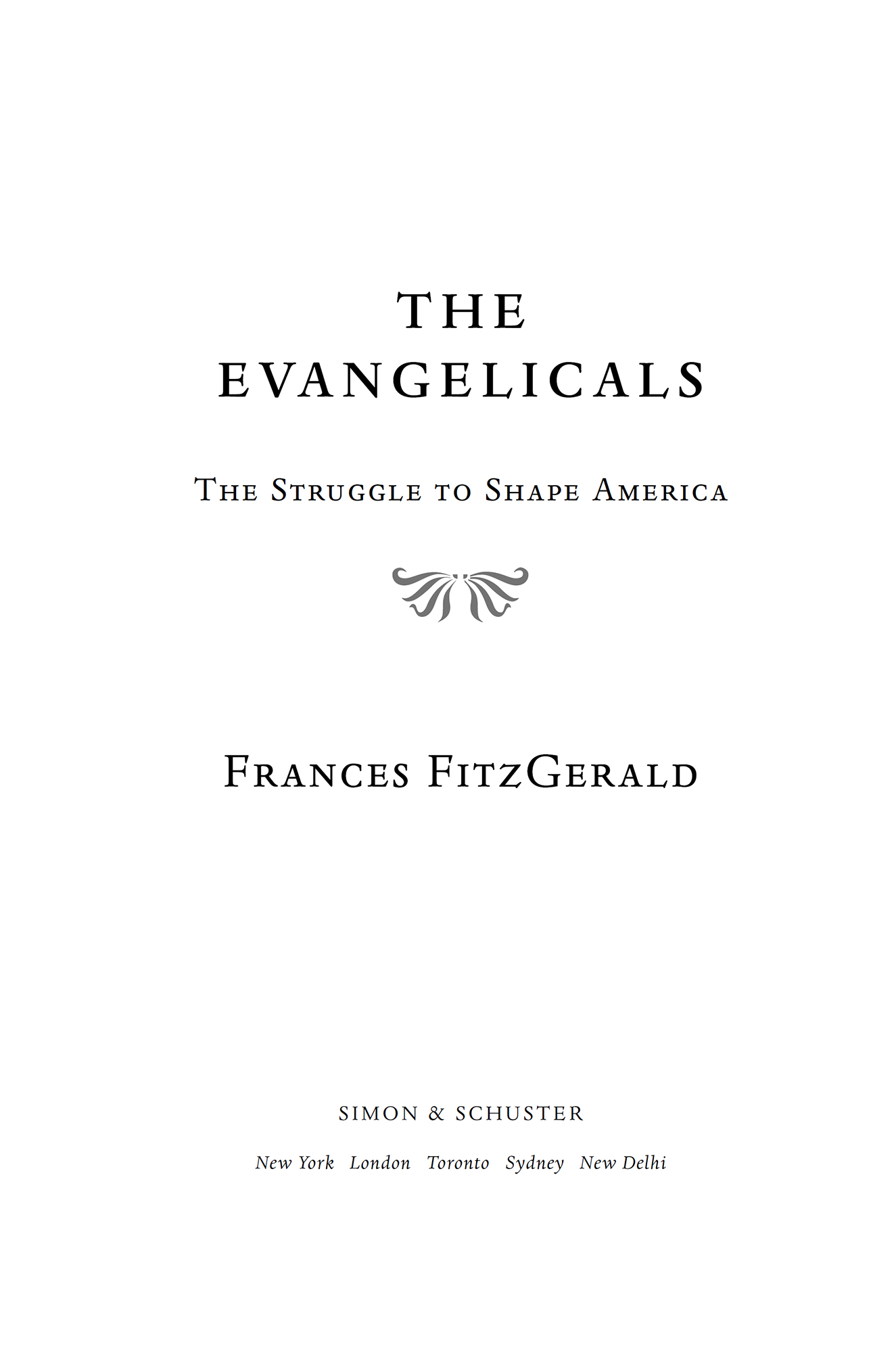We hope you enjoyed reading this Simon & Schuster ebook.
Get a FREE ebook when you join our mailing list. Plus, get updates on new releases, deals, recommended reads, and more from Simon & Schuster. Click below to sign up and see terms and conditions.
CLICK HERE TO SIGN UP
Already a subscriber? Provide your email again so we can register this ebook and send you more of what you like to read. You will continue to receive exclusive offers in your inbox.
Thank you for downloading this Simon & Schuster ebook.
Get a FREE ebook when you join our mailing list. Plus, get updates on new releases, deals, recommended reads, and more from Simon & Schuster. Click below to sign up and see terms and conditions.
CLICK HERE TO SIGN UP
Already a subscriber? Provide your email again so we can register this ebook and send you more of what you like to read. You will continue to receive exclusive offers in your inbox.
ALSO BY FRANCES FITZGERALD
Fire in the Lake
The Vietnamese and the Americans in Vietnam
America Revised
History Schoolbooks in the Twentieth Century
Cities on a Hill
A Journey Through Contemporary American Cultures
Way Out There in the Blue
Star Wars and the End of the Cold War
Vietnam
Spirits of the Earth

Simon & Schuster
1230 Avenue of the Americas
New York, NY 10020
www.SimonandSchuster.com
Copyright 2017 by Frances FitzGerald
All rights reserved, including the right to reproduce this book or portions thereof in any form whatsoever. For information address Simon & Schuster Subsidiary Rights Department, 1230 Avenue of the Americas, New York, NY 10020.
Portions of this book were initially reported and published in The New Yorker in the following articles: Reporter at LargeA Disciplined, Charging Army (5/18/1981); ReflectionsThe Bakkers (4/23/1990); Holy Toledo (7/31/2006); The New Evangelicals (6/30/2008).
Photo research by Alexandra Truitt & Jerry Marshall www.pictureresearching.com
First Simon & Schuster hardcover edition April 2017
SIMON & SCHUSTER and colophon are registered trademarks of Simon & Schuster, Inc.
For information about special discounts for bulk purchases, please contact Simon & Schuster Special Sales at 1-866-506-1949 or .
The Simon & Schuster Speakers Bureau can bring authors to your live event. For more information or to book an event contact the Simon & Schuster Speakers Bureau at 1-866-248-3049 or visit our website at www.simonspeakers.com.
Jacket design by Thomas Colligan
Library of Congress Cataloging-in-Publication Data
Names: FitzGerald, Frances, 1940 author.
Title: The Evangelicals : the struggle to shape America / Frances FitzGerald.
Description: New York, NY : Simon & Schuster, 2017. |
Includes bibliographical references and index.
Identifiers: LCCN 2016025851 (print) | LCCN 2016027703 (ebook) | ISBN 9781439131336 (hardcover : alk. paper) | ISBN 9781439131343 (pbk. : alk. paper) | ISBN 9781439143155 (ebook)
Subjects: LCSH: Evangelicalism--United StatesHistory. | Fundamentalism United StatesHistory. | Christianity and politicsUnited StatesHistory. | United StatesChurch history.
Classification: LCC BR1642.U5 F565 2017 (print) | LCC BR1642.U5 (ebook) | DDC 277.3/08dc23
LC record available at https://lccn.loc.gov/2016025851
ISBN 978-1-4391-3133-6
ISBN 978-1-4391-4315-5 (ebook)
For Jim as always
CONTENTS

INTRODUCTION

W HEN JIMMY CARTER , a liberal Southern Baptist, ran for president in 1976, the pollster George Gallup estimated that fifty million Americans were born-again Christians, and Newsweek magazine ran a cover story, Born Again! The Evangelicals, explaining who these millions of people were.
Four years later the Christian right emerged in force, declaring holy war against secular humanism and vowing to mobilize evangelicals to arrest the moral decay of the country. Jerry Falwell, a fundamentalist pastor, Pat Robertson, a televangelist, and conservative Southern Baptists led the charge against the gay rights movement, abortion, and the banning of school prayer. At an enormous rally in Dallas Ronald Reagan became their standard-bearer, and won the presidential election with the help of evangelical votes.
The sudden appearance of the Christian right shocked most political observers. Who were these people, and where did the crusade against secular humanism come from? Journalists wrote furiously about these questions until the mid-1980s, when the movement seemed to die away. The Christian right was forgotten for several years, as were evangelicals generally, until the telescandals of Jim and Tammy Bakker and Jimmy Swaggart. Then evangelicals were forgotten again. The pattern continued. As the veteran journalist Joe Conason wrote, the political coverage of evangelicals was a cycle of neglect followed by sensationalism and then more neglect. Rick Warren, the best-known of evangelical preachers,
Even the well informed tend to have very short attention spans when it comes to evangelicals. Many equate evangelicals with fundamentalists or the Christian right when only a minority belong to either group. Others dismiss them as a marginal group doomed to extinction with the process of modernization. In fact evangelicals compose nearly a quarter of the population. They are also the most American of religious groups, and during the nineteenth century they exerted a dominant influence on American culture, morals, and politics. By the mid-twentieth century the United States was becoming a more secular nation, but since 1980 many evangelicals, led by the Christian right, have struggled to reverse the trend, and while they have not entirely succeeded, they have reintroduced religion into public discourse, polarized the nation, and profoundly changed American politics.
The category evangelical is, of course, not a political but a religious one. The word evangelical comes from the Greek evangel, meaning the good news, or the Gospel. While the word could be claimed by all Christians, evangelical became the common name for the revivals that swept the English-speaking world in the late eighteenth and early nineteenth centuries. In America the series of revivals, known as the First and the Second Great Awakenings, with their emphasis on simple Bible preaching and immediate conversion, touched virtually all Protestant denominations. For most of the nineteenth century almost all Protestants would have called themselves evangelicals in the sense that they believed they had been born again in Christ and had a duty to evangelize, or spread the good news of the Gospels in America and abroad.
Today white evangelicals are a very diverse group that includes, among others, Southern Baptists, Mennonites, Holiness groups, Pentecostals, Dutch Reformed groups, and a number who belong to nondenominational churches. Many have little in common except for the essentials of their faith. As the religious historian George Marsden writes, Evangelicalism today includes any Christians traditional enough to affirm the basic
This book is not a taxonomy or attempt to describe the entirety of evangelical life, but rather a history of the white evangelical movements necessary to understand the Christian right and its evangelical opponents that have emerged in recent years. It purposely omits the history of African American churches because theirs is a different story, mainly one of resistance to slavery and segregation, but also of the creation of centers for self-help and community in a hostile world. Some African American denominations identify as evangelical, but because of their history, their religious traditions are not the same as those of white evangelicals. Only long after the success of the civil rights movement did some black churchmen begin to enter the story of the white evangelicals and their internal conflicts. What is important to stress is that the white evangelical world has always been changing, though it has retained many of the characteristics acquired during its history. In any case, no movement, including the Christian right, has ever been static or completely coherent. Evangelicals have had some influential leaders, but in essence their world is decentralized and difficult to lead, much less to control.
Next page

